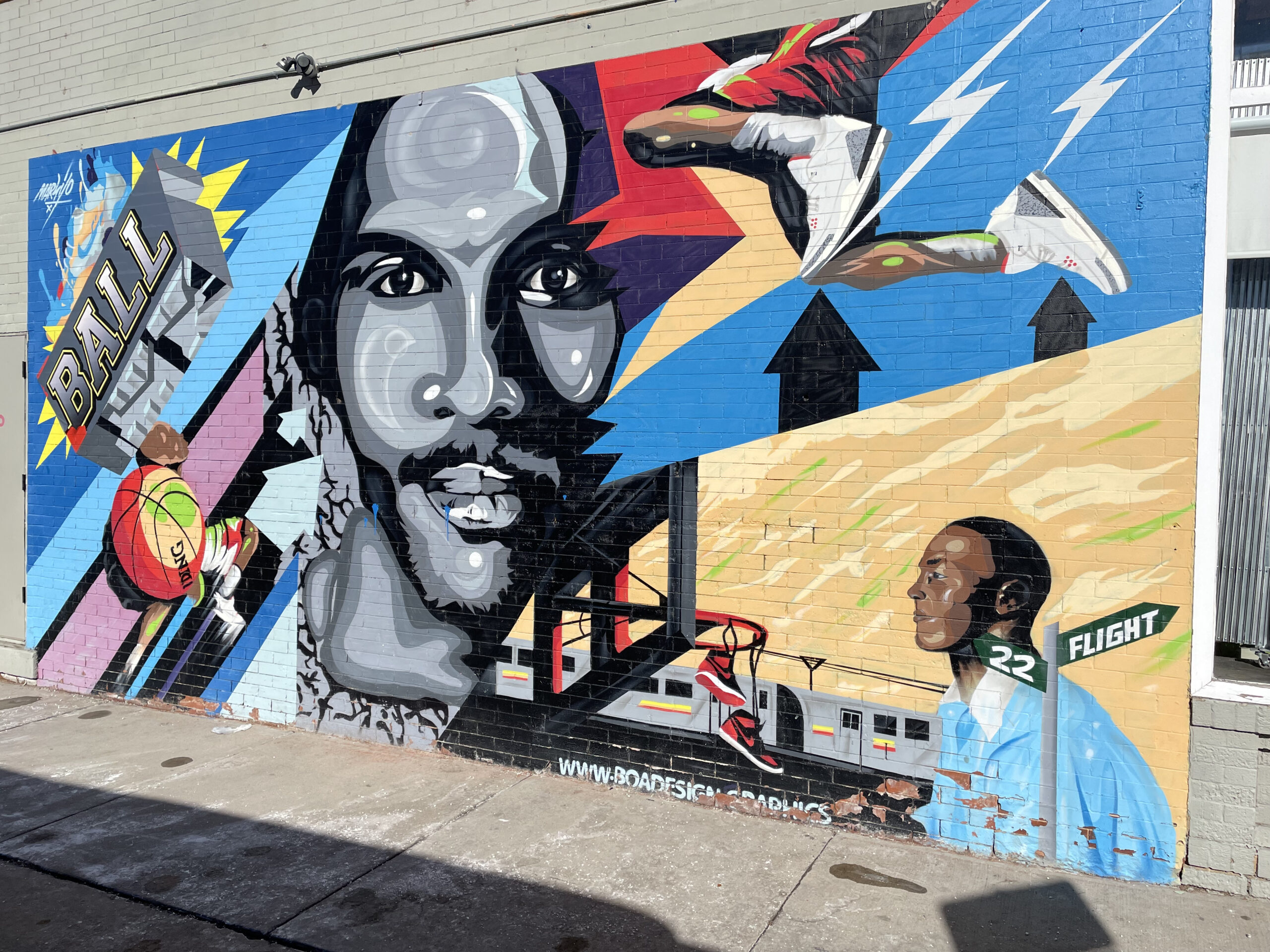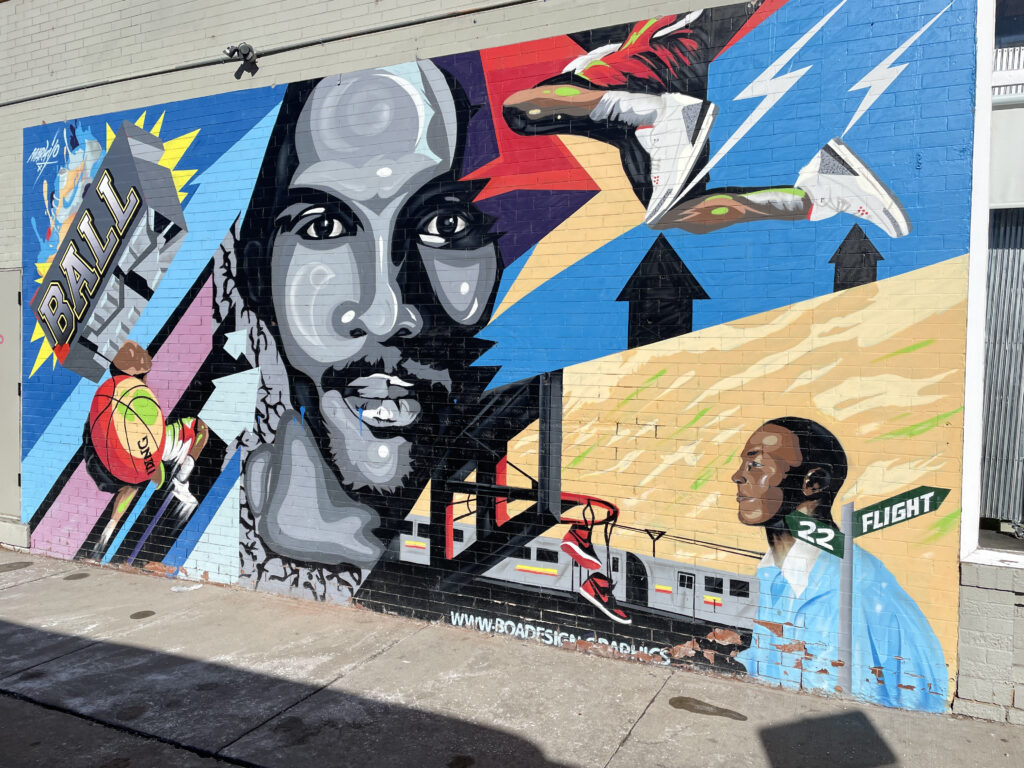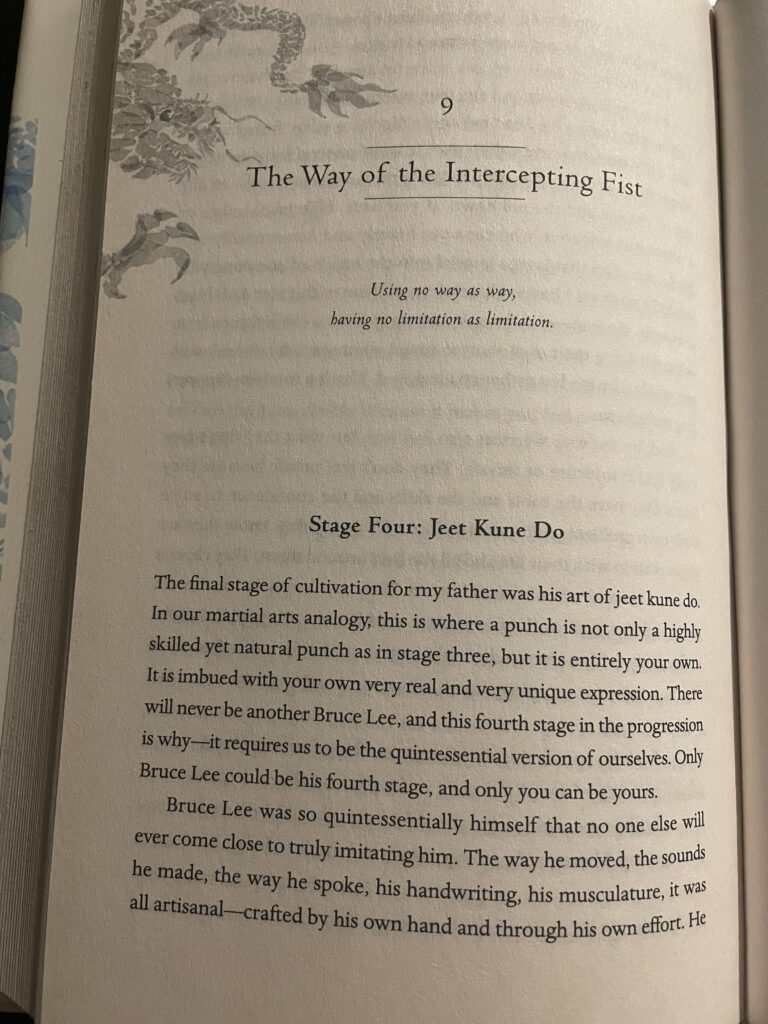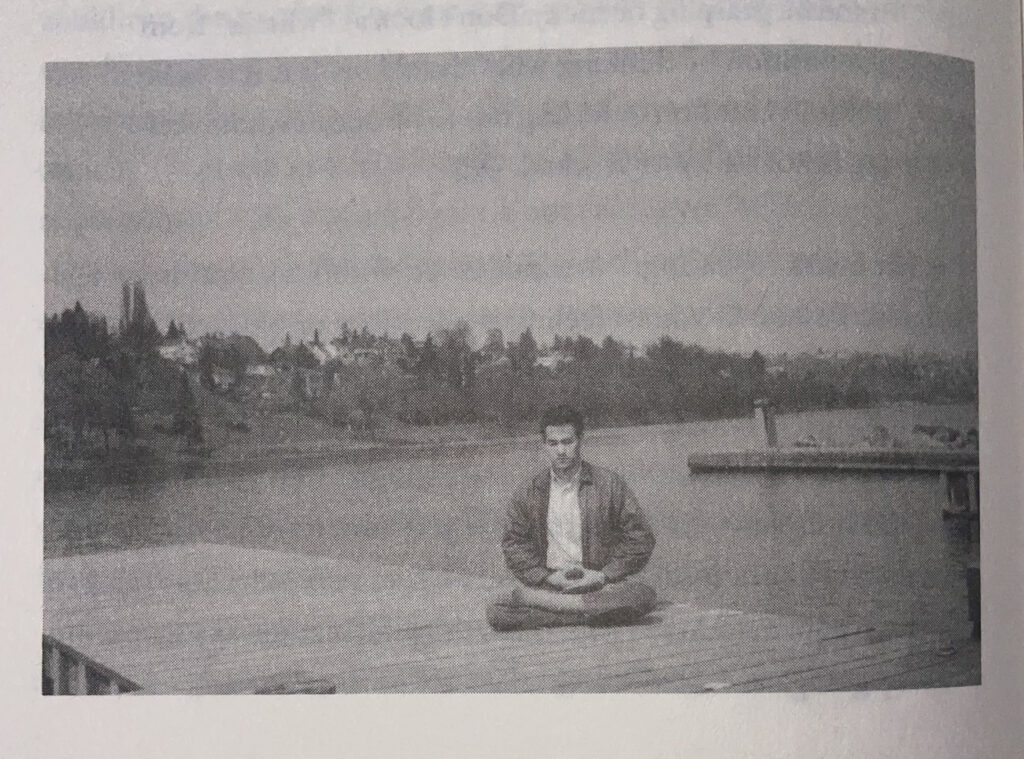Non-fiction books provide invaluable information when properly written and stories are effectively portrayed. Malcolm Gladwell focuses tying past events, influential individuals’ experiences, and important occurrences to relatable current day situations. Written storytelling has started taking a backseat to digital instances through visual and audio concepts.
Gladwell’s global reads realize the importance of keeping often forgotten stories alive; he emphasizes the significance of events which most people would deem inconsequential and insignificant to world history. Every small occurrence, no matter how nonessential they may seem, provides an opportunity to learn through others’ experiences.
Studying others’ experiences is the next best thing to learning from one’s own encounters. The author stresses long lost stories that might not seem like much in the grand scheme of things. All of Gladwell’s global reads follow a similar pattern of connecting past events to relate to the present and future. Malcolm Gladwell’s storytelling is unique and incomparable as he sets himself apart from other nonfiction authors. Nobody brings ordinary events to life like the English-born Canadian author.
The Tipping Point by Malcolm Gladwell
Since being originally published in 2000, Gladwell focuses on how little things come to make a noticeable difference in the long run in The Tipping Point: How Little Things Can Make a Big Difference. A tipping point is defined as “the moment of critical mass, the threshold, the boiling point.” This point propels occurrences to a new height; things almost always change slowly over time, but with a tipping point, there is a noticeable impact that is felt almost immediately. Gladwell explains how social epidemics come about; trends and products spread like a wildfire once they reach the infamous point which leads them to a new dimension.
There are three essential rules of the Tipping Point: the Law of the Few, the Stickiness Factor, and the Power of Context.
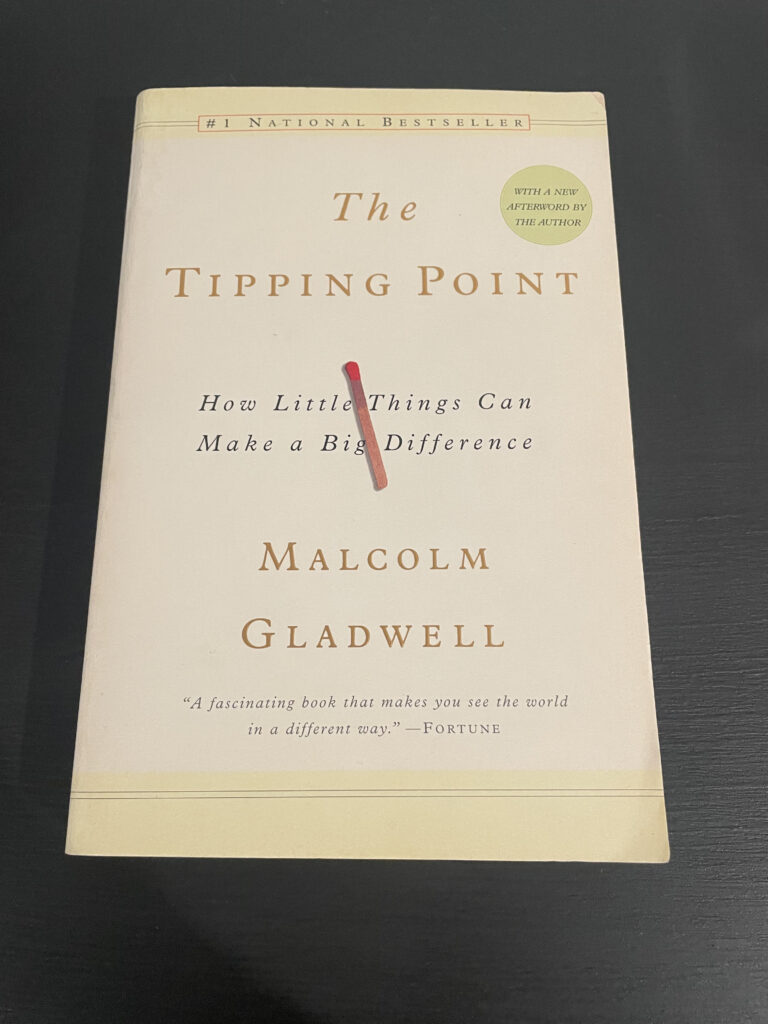
The Law of the Few states that a select number of powerful people have a noticeable impact on social epidemics. As Gladwell articulates, “The answer is that success of any kind of social epidemic is heavily dependent on the involvement of people with a particular and rare set of social gifts” (Gladwell, The Tipping Point 33). The psychologist Stanley Milgram conducted an experiment in the late 1960s in an attempt to solve the small-world problem. Human beings are more connected that most people would expect.
In fact, Milgram’s experiment brought about the concept of six degrees of separation. However, all degrees of separation are not equal. Gladwell’s global reads explains how six degrees refers to the fact that “a very small number of people are linked to everyone else in a few steps, and the rest of us are linked to the world through those special few” (Gladwell, The Tipping Point 36-7). People know others based on the individuals they already know; acquaintances are typically met through existing friends and connections. In addition, the author explains how a social circle looks more like a pyramid than an actual circle; a single person or a few people at the top contribute a majority of the relationships in one’s life compared to others who are lower on the pyramid.
The Stickiness Factor refers to messengers and how they make social epidemics spread. Substantial content and the power of a messenger attribute to the “stickiness” of a particular message. Under the right circumstances and presented in a specific way, a message often finds itself memorable and attractive to the desired audience. Gladwell describes how the Stickiness Factor is similar to the Law of the Few. For instance, he states, “There is a simple way to package information that, under the right circumstances, can make it irresistible. All you have to do is find it” (Gladwell, The Tipping Point 132). For a defined messaged to contain a high level of “stickiness” requires a memorable concept that usually calls for some sort of action. Ideals must stick with an individual to gain any sort of traction before becoming a social epidemic.
Malcolm Gladwell’s third rule, the Power of Context, is as undoubtedly important as the previous two. He realizes how, “Epidemics are sensitive to the conditions and circumstances of the times and places which they occur” (139). Contextual adjustments typically tip epidemics more than most people would think. An environment will make or break a social epidemic; even the most minuscule details affect immediate surroundings. Whether an event occurs during the day or night, in the winter or summer, or in the Americas versus Asia all contribute to the likelihood of an epidemic tipping. Exact and rather ideal circumstances determine how society will react to a particular product or widespread concept. Context changes everything, often with the snap of a finger.
Outliers by Malcolm Gladwell
In one of his most recognized books, Outliers: The Story of Success, Malcolm Gladwell takes a deep dive into what separates the successful from the average and mediocre. Outliers are people whose achievements deviate from the norm; due to various reasons, a person’s full potential is not always achieved. Gladwell details how hard work and talent alone do not lead to success. Continuous time and effort over a prolonged period paired with favorable circumstances lead to some sort of lasting success.
The 10,000 hour rule is an essential concept that is often talked about when discussing a particular expertise. It usually takes about ten years to become a chess grandmaster- an exclusive title that requires countless hours of wins and losses to learn from. Gladwell explains that, “Ten thousand hours is the magic number of greatness” (Gladwell, Outliers 41). Ten thousand hours roughly translates to about ten years. Nobody gets better at anything without putting in endless time and energy.
In any case, ten years of focusing on a particular skill requires relentless determination and willpower. Practice is not something to be taken lightly, but instead, “It’s the thing you do that makes you good” (Gladwell, Outliers 42). Rehearsing the same skill can get monotonous at times; the ten thousand hours will not magically land on someone’s lap. To reach any type of worthwhile greatness requires continuous practice over an extended length of time.
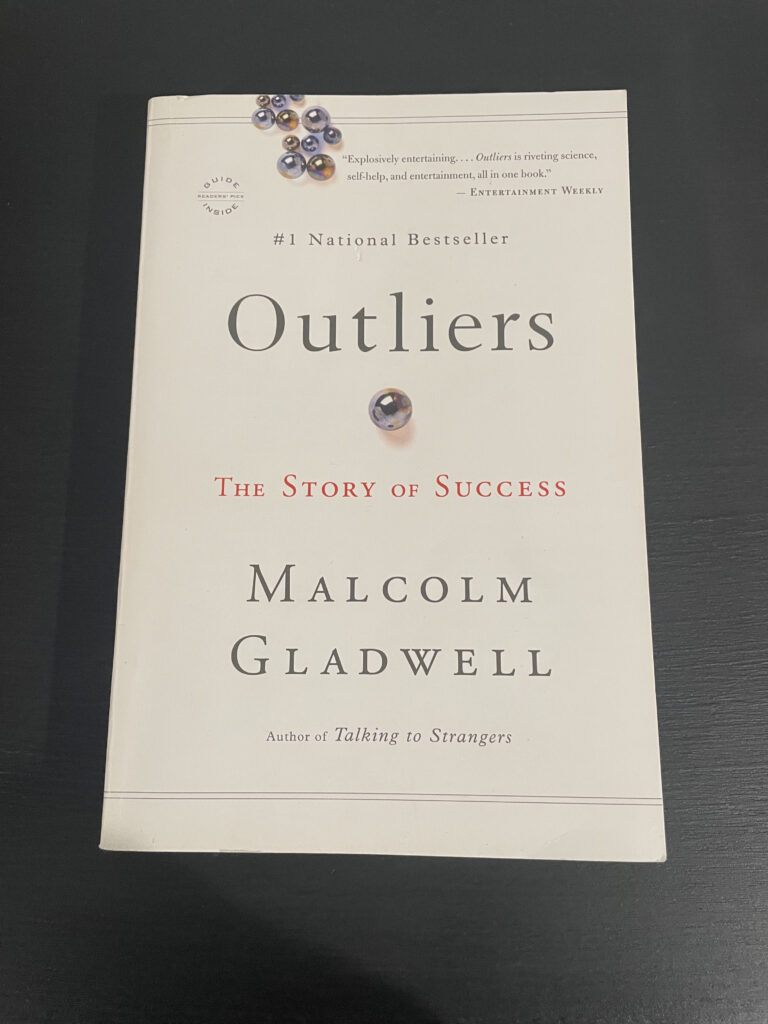
In addition to innumerable hours dedicated to honing in on a particular skill, success calls for advantageous conditions to be met. Accomplishments do not come out of thin air. Gladwell states how, “Success is not a random act. It arises out of a predictable and powerful set of circumstances and opportunities…” (Gladwell, Outliers 155). Powerful individuals such as Bill Gates grew up in ideal environments that allowed him to reach the ten thousand hour threshold well before any of his peers. Without a doubt, surroundings affect people’s lives in the long run depending on how they choose to make the most of what is readily available and accessible.
Gates had access to one of the few time-sharing terminals at his high school. He was able to write code at a company that a classmate’s parent worked at. Also, Gated lived within walking distance of the University of Washington where there was free computer time in the early morning. Malcolm Gladwell stresses how not very little people in the world had or will have opportunities like Bill Gates. The right set of circumstances allowed Gates to propel his educational experience and ultimately jumpstart his entrepreneurial career.
Talking to Strangers by Malcolm Gladwell
One of Gladwell’s most recent works, Talking to Strangers: What We Should Know About the People We Don’t Know, stresses the importance of how people don’t communicate as effectively with others they are unfamiliar with. Miscommunication happens all the time. However, when poor communication reaches an extreme, it leads to tragic, undesirable, and often frustrating situations. One of the most important and more recent instances Gladwell focuses on is the devastating death of Sandra Bland near Prairie View A&M University in 2015. As a result, Gladwell seeks to explain what went south in a routine traffic stop that led to Bland’s arrest. He wants the reader to understand how her life could have been dramatically different if the officer knew how to handle the interaction with Bland.
Obviously, America has dealt with social divide throughout its whole existence. With the emergence and popularization of social media, the polarization has increased or seemingly risen over the past decade. Gladwell explains, “Prejudice and incompetence go a long way toward explaining social dysfunction in the United States” (Gladwell, Talking to Strangers 6). Both sides on the opposites spectrums of social views have their own biases. Each will attempt to justify their viewpoints with slim to no chances of admitting any wrongdoings. In particular cases, prejudice comes out to the front and rationality typically takes a back seat. People often don’t even want to acknowledge an outsider’s perspective. Evidently, nothing can bring strangers closer together than conversation.
As noted by Malcolm Gladwell, interactions with strangers usually don’t go as expected and often go terribly wrong. Two people who have never met have no idea what makes the other irritated or how to read their emotions. Deception is something humans have not been able to perfect, no matter how hard they try.
Furthermore, a psychologist by the name of Tim Levine has conducted the same straightforward experiment countless times throughout his career. He starts by inviting students to complete a trivia test for a cash prize. There is an instructor in the room who leaves midway through the test. They leave the participants to themselves to finish the test with nobody watching. One always tries to persuade the other to look into the envelope in order to find the answers. After the test is over, Levine interviews the participants in an attempt to see who tells the truth and who lies.
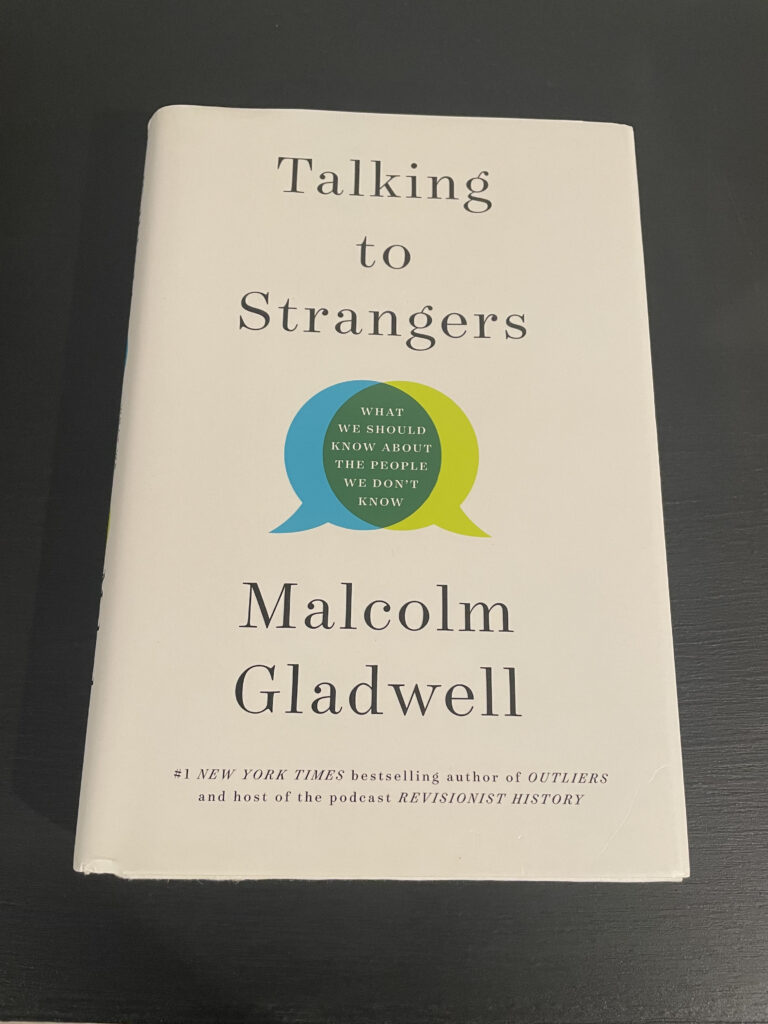
Even a seasoned professional like Levine cannot detect deception in humans. His research proves how bad people truly are at sensing a lie right in front of them. Gladwell explains how, “Evolution, over many millions of years, should have favored people with the ability to pick up the subtle signs of deception. But it hasn’t” (Gladwell, Talking to Strangers 72). Ana Montes executed one of the most infamous deceptions in the history of the United States.
As a DIA (Defense Intelligence Agency) agent, colleagues described Montes as intelligent and charming. However, she was a Cuban spy since she first joined the DIA. Nobody suspected Montes for years. After a while, her lies were exposed, but not by a colleague accusing her of deception. She worked as a double agent for many years without any major suspicion. Even some of the sharpest agents in the DIA, CIA, and FBI cannot detect lies like those from Montes.
A state trooper by the name of Brian Encinia pulled Sandra Bland over on July 10, 2015 in Waller County, Texas. She recently started a new job at Prairie View A&M University. Encinia stopped Bland for a failure to signal a lane change. The interaction quickly turned sour as the Texas State Trooper started questioning the young Black woman from Chicago. He noticed she was visibly irritated; he asked her to put out her cigarette after talking briefly. Then, Bland refused to do so which set Encinia off almost instantly. After asking her to step out of her car, Encinia forcibly removed Bland without any particular reason. He then charged her with felony assault for not complying with an officer’s orders.
In Talking to Strangers, Gladwell notes how many times Encinia made a mistake in his encounter with Sandra Bland. Next, he stresses the noticeable divide between the two parties that ultimately led to the arrest of Bland and her tragic death three days later. Arguably one of the most memorable quotes of the entire book, Malcolm Gladwell explains, “Because we do not know how to talk to strangers, what do we do when things go awry with strangers? We blame the stranger” (Gladwell, Talking to Strangers 346). Sandra Bland might still be alive today if Encinia dealt with strangers without blaming them first. However, there is another tragic story of a young Black woman whose life ended shortly after her arrest because of a police officer with a bruised ego.
RIP Sandra Bland 1987-2015
Gladwell, Malcolm. The Tipping Point: How Little Things Can Make a Big Difference. Little, Brown and Company, 2002.
—. Outliers: The Story of Success. Little, Brown and Company, 2008.
—. Talking to Strangers: What We Should Know About the People We Don’t Know. Little, Brown and Company, 2019.











